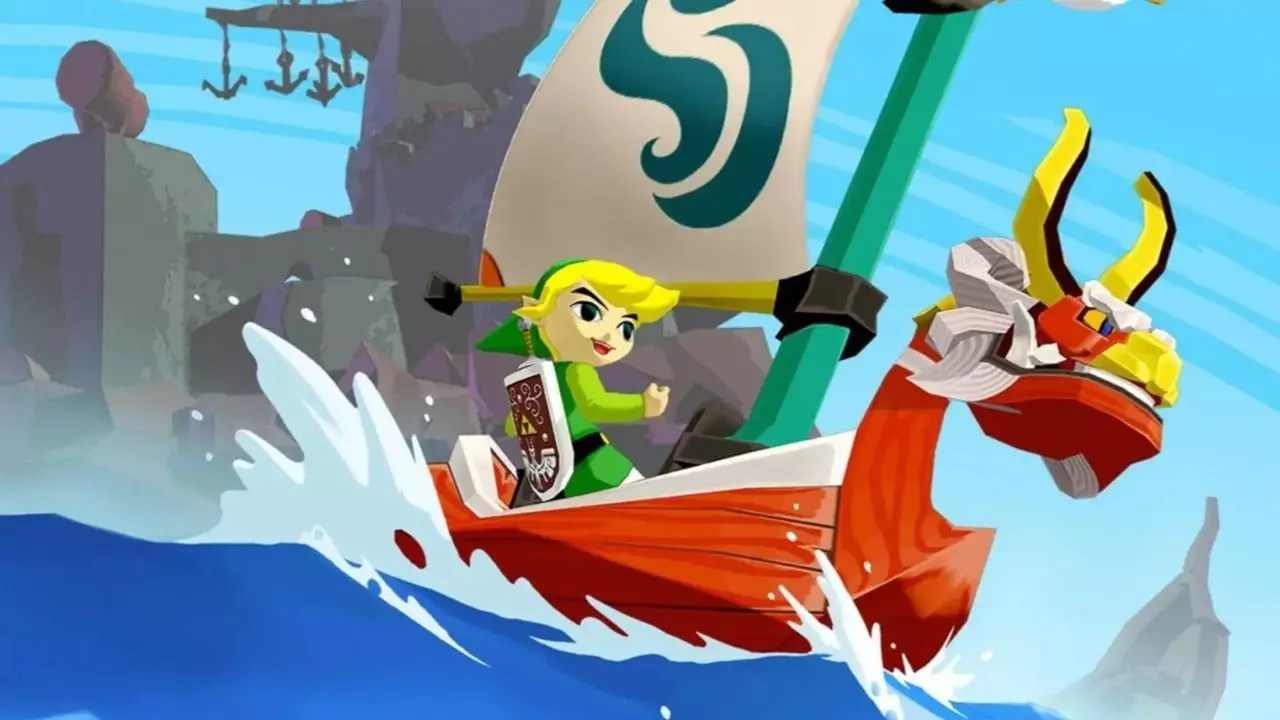The anticipation surrounding video game adaptations has surged, particularly with the news of an upcoming live-action Zelda movie. This development reflects a broader trend in Hollywood of tapping into nostalgic properties, with video games proving to be a particularly rich source of inspiration. While the initial Zelda movie is set to follow a traditional narrative featuring the iconic Hyrule setting, there are whispers of broader narratives yet to be explored, especially through the lens of classic installments like “The Legend of Zelda: The Wind Waker.”
As voiced by Sonic movie scribes Pat Casey and Josh Miller, the vivid and captivating world of Wind Waker could serve as an incredible canvas for cinematic storytelling. The game, released for the Nintendo GameCube, is known for its striking cel-shaded graphics and expansive oceanic landscapes, which evoke a whimsical yet adventurous tone. This visual style and expansive gameplay hold immense cinematic potential, creating opportunities for creativity in both animation and live-action film adaptation.
Casey and Miller express their enthusiasm for the project, emphasizing that their nostalgic experiences while playing the game could translate into a film that resonates with audiences on a deeper level. They envision the possibility of a Wind Waker spin-off after the release of the main Zelda film, suggesting that there is a hunger among fans for more expansive content from this beloved franchise. Through their commentary, it becomes clear that the film industry might be standing on the precipice of exploring a new depth in video game adaptations.
Notably, Casey and Miller are not just interested in the Zelda franchise; they have also expressed interest in adaptations of other classic games like Golden Axe and A Boy and His Blob. However, it’s their enthusiasm for Wind Waker that truly stands out, encapsulating a vision for a narrative driven by emotion, adventure, and aesthetics rooted deeply in the game’s essence. With their experience adapting video games for the screen, their involvement could potentially lead to a rich and engaging storytelling experience.
Despite the excitement surrounding these adaptations, a significant consideration involves the need to maintain the integrity and spirit of the original game. As adaptations often face scrutiny from dedicated fanbases, a delicate balance must be struck between innovative storytelling and respect for the source material. Casey and Miller’s intent to keep a connection to the emotional core of Wind Waker suggests they recognize this challenge.
As the landscape of Hollywood continues to evolve, the prospects for video game adaptations remain bright. The potential reimagining of Wind Waker as a film encapsulates the excitement and creativity that can emerge when gaming culture intersects with cinema. As audiences become increasingly thirsty for nostalgic and innovative storytelling, adaptations like the anticipated Zelda movie could kickstart a new era, with Wind Waker possibly being among the forefront of these adventures. Ultimately, the success of these adaptations will likely depend on how well creators capture the unique charm that has resonated with fans for decades.


Leave a Reply